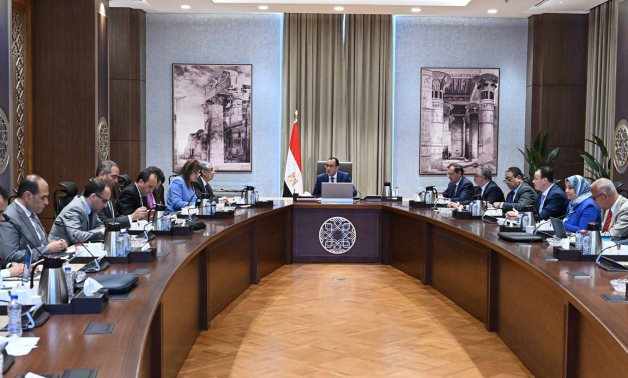Brazil spending waiver may trigger record debt, crimp monetary policy
- Date: 18-Nov-2022
- Source: Zawya
- Sector:Financial Services
- Country:Egypt
Brazil spending waiver may trigger record debt, crimp monetary policy
Brazil's incoming government effort to exempt nearly 200 billion reais ($37 billion) of spending from a constitutional budget cap could push public debt to record levels and force a monetary policy shift, warned economists and investors.
The proposal now under consideration in Congress has stoked concerns about President-elect Luiz Inacio Lula da Silva's policies, divided his transition team and triggered a sharp sell-off in financial markets.
Brazil's currency tumbled nearly 5% against the U.S. dollar this month, the third-worst performer among 152 global currencies tracked by Refinitiv. The benchmark Bovespa stock index was down 6%.
Lula's Brasilia transition team did not respond to a request for comment, but the president-elect's comments during the United Nations climate summit in Egypt suggested he was not reconsidering.
"Oh, but if I talk the stock market will fall and the dollar will gain. Patience," he said, saying market swings did not reflect the views of "serious people" but of "speculators."
Alberto Ramos, head of Latin American research at Goldman Sachs, said Lula's proposed constitutional amendment would be "a very poor and risky start" for his government, which begins on Jan. 1.
The proposal could raise Brazil's gross debt to 90% of gross domestic product by the end of Lula's four-year




















